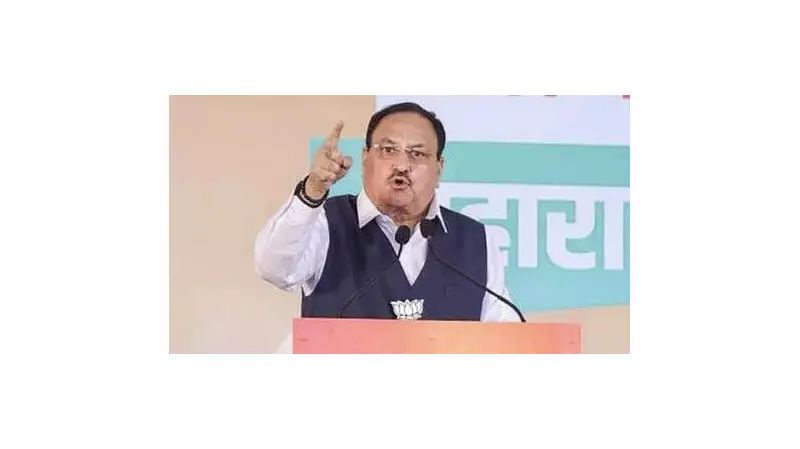
The political temperature in Bihar soared as BJP national president JP Nadda and Congress leader Rahul Gandhi engaged in a war of words during their election campaign rallies, setting the stage for a high-stakes political battle in the state.
Nadda's Sharp Attack on Congress
Addressing an election rally in Bihar, BJP chief JP Nadda launched a scathing attack on the Congress party, accusing them of practicing divisive politics. "The Congress has always believed in politics of appeasement and division," Nadda declared before a charged crowd.
The BJP president specifically targeted the opposition's approach to governance, stating that while the BJP-led government focuses on development and national security, the Congress remains stuck in outdated political strategies that divide communities along religious lines.
Rahul Gandhi's Counter-Offensive
Not one to back down, Congress leader Rahul Gandhi mounted a strong counter-offensive during his campaign appearances. The Wayanad MP trained his guns on the ruling party's economic policies, highlighting the pressing issues of unemployment and rising prices that affect common citizens.
"The youth of Bihar and entire India are asking one simple question: where are the jobs?" Gandhi questioned, emphasizing the need for policies that create employment opportunities rather than empty promises.
Key Election Issues Take Center Stage
The exchange between the two political heavyweights has brought several critical issues to the forefront of Bihar's political discourse:
- Employment generation and economic revival post-pandemic
- Price rise and its impact on household budgets
- Development agenda versus identity politics
- National security and foreign policy approach
Political Strategy Unveiled
Political analysts observe that the contrasting approaches reflect the core strategies of both parties. While the BJP continues to emphasize national security and development politics, the Congress is focusing on economic distress and social justice issues to connect with voters.
The high-voltage campaign involving top leadership from both national parties indicates the importance Bihar holds in the national political landscape. With both sides pulling no punches, the election campaign has transformed into a battle of narratives that could influence voter sentiment significantly.
As the election date approaches, political observers are watching closely to see how these competing narratives will resonate with Bihar's diverse electorate and which issues will ultimately determine the political outcome in the state.






